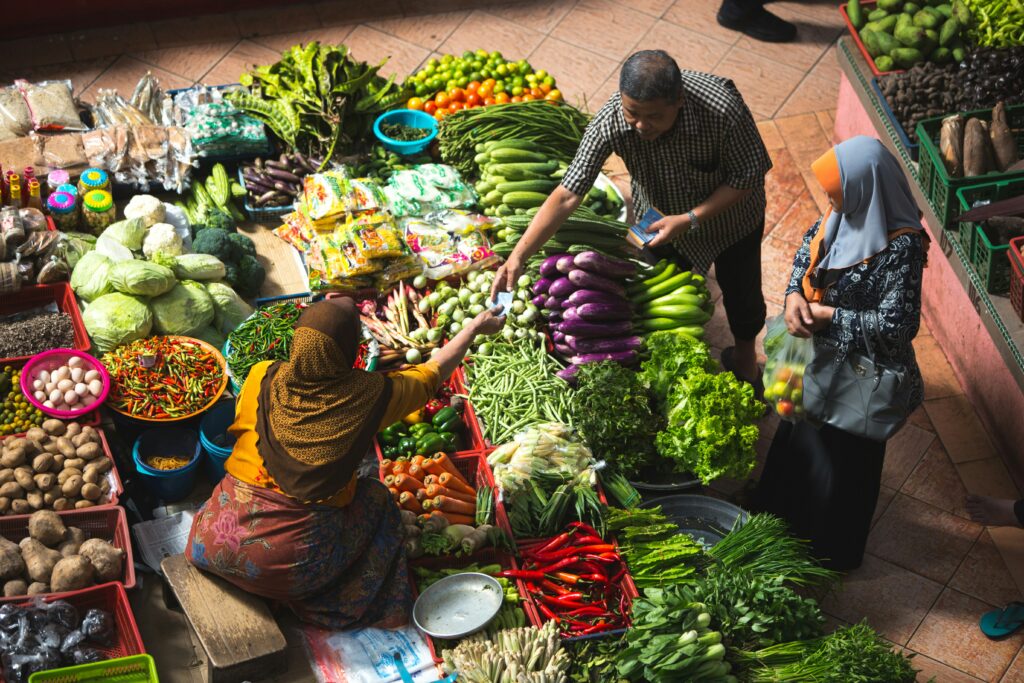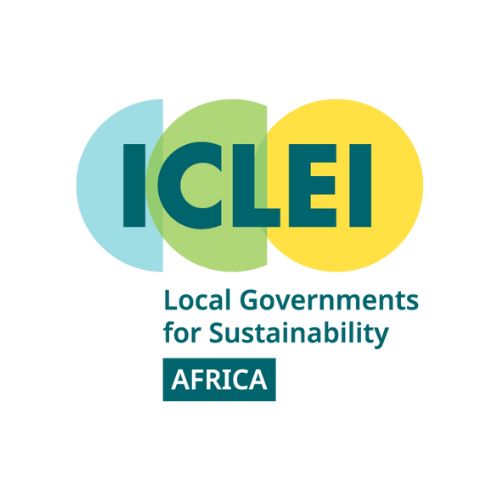Home » Explore the latest project news » Nourishing minds, transforming futures
Nourishing minds, transforming futures
Revolutionising school feeding for healthier futures
In a world battling against malnutrition, schools serve as beacons of hope and opportunity. Globally, millions of children of school-going age face the harsh reality of food and nutrition insecurity, grappling with the devastating consequences of malnutrition. Malnutrition casts a long shadow over countless young lives, thwarting their potential and dimming their futures. Amidst the daunting statistics and heart-wrenching realities of malnutrition, school feeding programmes have emerged as a potential solution, capturing global attention due to their transformative impact. In 2022, approximately 418 million children received school meals globally, marking a rise of 30 million compared to the pre-pandemic figure of 2020.
By integrating sustainable practices into meal planning, sourcing and education, schools can pave new routes towards encouraging learners to be mindful eaters and stewards of the planet. When planning to implement or initiate a school feeding programme, some essential questions to have in mind to stimulate innovative solutions include:
1. Food sourcing and safety: From which suppliers do you procure food, and do they adhere to sustainable food practices and food safety standards?
2. Nutritional diversity and appeal: Does the menu offer diverse nutrition options, and how will you ensure meals align with students’ tastes and preferences?
3. Nutritional and sustainability awareness: What measures are in place to educate students about the importance of balanced diets and sustainable food choices?
4. Connecting students with food and environment: How do you plan to develop a meaningful connection between students, the food they consume, and environmental sustainability?
5. Food waste reduction strategies: What measures are in place to minimise food waste within the school feeding programme?
6. Openness to feedback and improvement: How receptive are you to constructive criticism and feedback regarding the school feeding programme’s effectiveness and areas for improvement?
7. Policy support for sustainable nutrition: Are there any local, regional (state) and national policies that endorse and facilitate the implementation of sustainable nutrition initiatives within schools?
8. Program funding and sustainability: How do you plan to secure funding for the programme to ensure longevity and effectiveness?

In the fight against food and nutrition insecurity, through the AfriFOODlinks project, ICLEI Africa, in collaboration with partners from Europe, Africa and other parts of the world, recognises the importance of school feeding and has incorporated it as one of the transformative solutions to improve the nutrition of vulnerable school-going children.
Together, let us chart a course towards a future where every child has the opportunity to thrive, nourished not only by food but by the unwavering belief in the power of education, community, and compassion.
Initially published on Linkedin: https://bitly.ws/3fLsW
Explore
"Human and gender rights"

Read more about
"Human and gender rights"
READ MORE

Why science, labelling and simplicity matter for food safety
In recognition of World Food Safety Day 2025, held on 7 June under the theme ‘Food Safety: Science in Action’, we explore how science is shaping the way we interpret and respond to food labelling and marketing. This reflection aligns closely with one of AfriFOODlinks core objectives: to promote sustainable, healthy diets and equitable food … Continued



